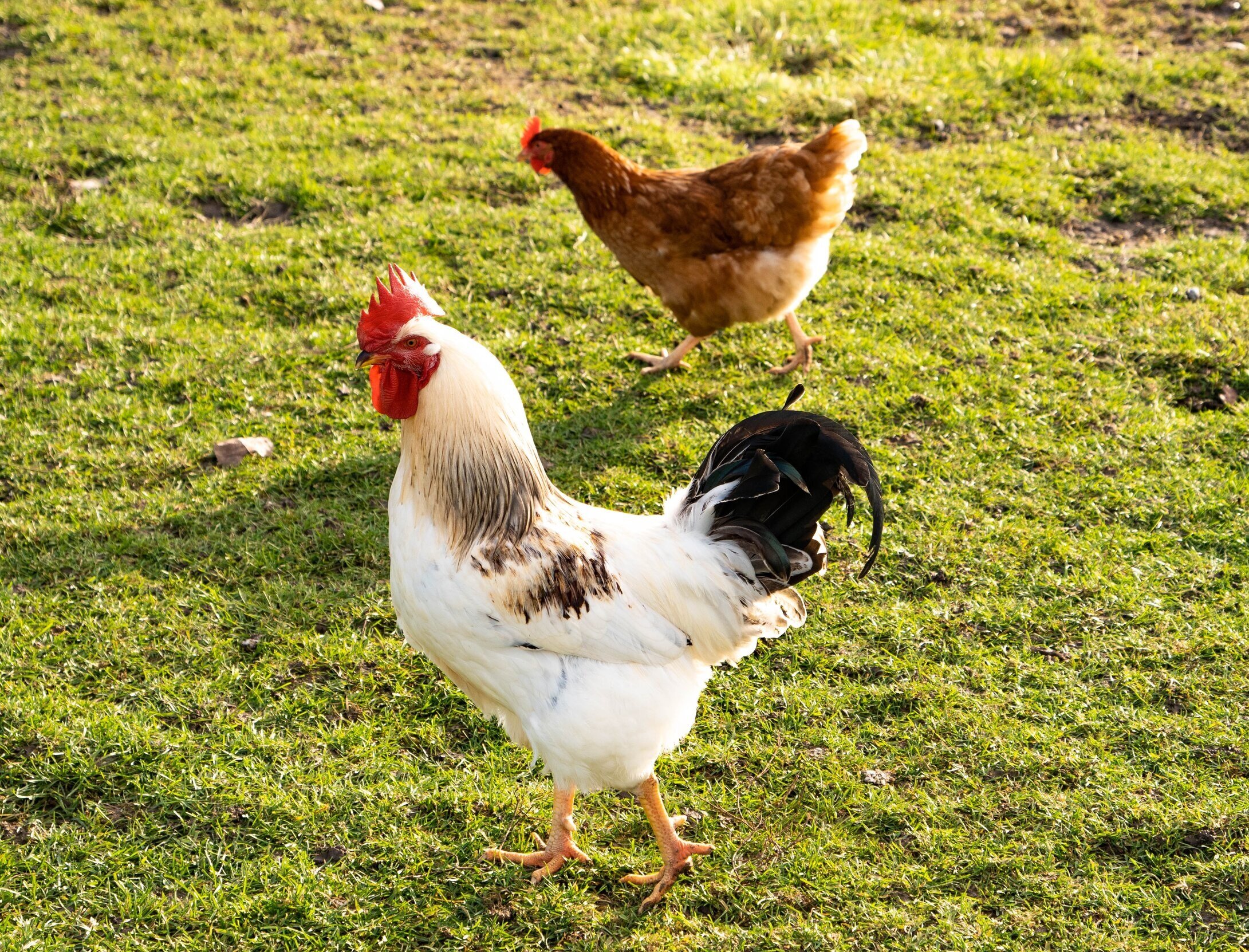Why You Should Try Pasture-Raised Eggs
Eggs are one of my all-time favorite foods. They are easy to prepare, inexpensive, and packed with nutrition. Because of their protein and fat content, they tend to keep you fuller longer than grain-based breakfast foods such as cereal, oatmeal, and pancakes. Eggs are great any time of day, so no need to limit them to just breakfast.
Knowing which type of eggs to buy can be confusing, so I’m here to make it a little easier for you! Read on to learn about different types of eggs and why they can be a great addition to your diet.
Nutrition
One large egg contains:
70 calories
5 grams fat
185 mg cholesterol
0 grams carbohydrates
6 grams protein
Most of the vitamins and minerals are in the yolk of the egg, so don’t just eat the white! Eggs are a great source of:
Choline (important for brain health)
Lutein and zeaxanthin (important for eye health)
Vitamins D and B
Eggs and cholesterol
Eggs have often been avoided due to their high levels of cholesterol. The Dietary Guidelines for Americans used to recommend that dietary cholesterol be limited to 300 mg per day. That meant that eating just two eggs put you over the recommended limit for the whole day! Fortunately the 2015-2020 Dietary Guidelines for Americans removed the 300 mg per day limit on dietary cholesterol. Recent studies have shown that the dietary cholesterol in eggs may not raise blood cholesterol like was once thought, which is great news for egg lovers!
What varieties of eggs can you buy?
Labels on egg cartons can be confusing. Here is a breakdown of what some of the terms mean:
Conventional - chickens are tightly packed in cages with no access to the outdoors
Cage-free - chickens are able to roam freely, but are often still packed tightly inside
Free-range - chickens get access to indoor and outdoor spaces to roam
Pasture-raised - chickens usually get to spend most of their time roaming freely outdoors (this is not a regulated term, however)
If you’d like to learn more about the labels on egg cartons, check out these resources.
Are brown eggs healthier than white eggs?
Nope! These egg are nutritionally the same, they just come from chickens with different colored feathers.
My two favorite brands
Vital Farms - provides at least 108 square feet of outdoor space per chicken
Happy Egg Company - provides 21.8 square feet of outdoor space per chicken
Why are these brands my favorite? After doing a bit of research on each of their websites, I learned that their chickens get a lot more space to roam freely outside. This allows more of their diets to be composed of bugs and grass rather than a corn- and soy-based feed that makes up most of conventional and cage-free chickens’ diets. The difference in a chicken’s diet is what leads to different yolk colors. Have you ever compared the taste of a pale yellow yolk to a rich orange yolk? You’d be amazed at the difference in taste!
It is unknown if pasture-raised eggs are more nutritious, but remember, you are what you eat eats!
The yolk is a much darker color in pasture-raised eggs because of the chickens’ diets.
Cost
Cost is something that most of us look at when buying eggs. Unfortunately cheaper eggs are more likely to come from chickens kept in cages and fed only grains (no bugs or grass).
Prices at Fred Meyer:
Vital Farms $5.99 per dozen ($0.50 per egg)
Happy Egg Company $4.99 per dozen ($0.42 per egg)
Both Vital Farms and Happy Egg Company also have organic varieties of eggs, which are more expensive. These brands are often on sale, so this is a good time to stock up because eggs can last for quite a while in the fridge (check best-by dates on the carton). If these eggs seem expensive, just compare it to the price of a meal you would buy at a restaurant!
Bottom line: If you can afford pasture-raised eggs and like the richer taste, then go for it! If not, all types of eggs are still a nutrient-packed source of protein and healthy fats.
If this post has inspired you to add more eggs to your diet, then make sure to come back next week for some great recipes and lots of ways to eat more eggs!






